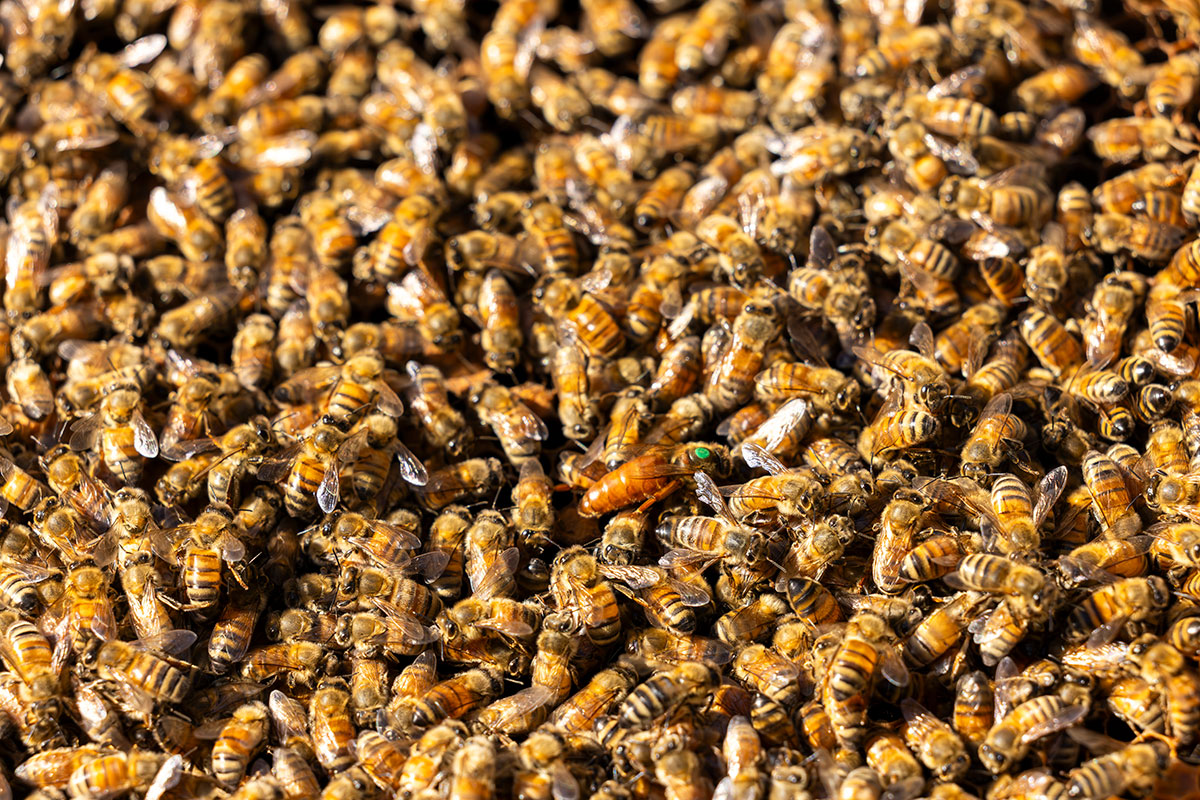Soil Testing
Soil tests?are used to determine a wide range of nutritional deficiencies by providing detailed information on the nutrient status and recommendations for improvement. Soil test can be used to establish new, diagnose existing, and maintain successful lawns, gardens and crop stands.
Our most common soil test, the?routine soil test, test for the basic soil nutrients and minerals such as:
- pH (soil acidity)
- Calcium (Ca)
- Lime requirements
- Magnesium (Mg)
- Phosphorous (P)
- Zinc (Zn)
- Potassium (K)
- Manganese (Mn)
In addition to the routine soil test, there are several other test available, better suited for commercial applications. Consult with an agent before requesting any additional soil test to determine which would best benefit you. Allow ten (10) to fourteen (14) business days for completed test results, and if you have any questions about the results and how to interpret the recommendations, feel free to meet with an agent.
- Basic Soil Test:?$12
- Expanded Soil Test:?$14
Contact us
If you’re interested in soil testing services, please call our offices. You will be sent the pertinent forms to ensure a speedy visit with us.
- For the East Point office call: 404-613-4920.??
- For the Sandy Springs office call: 404-613-7670.
- For the Camp Truitt - College Park?office call: 404-762-4085.
- Please note that our Atlanta History Center location does not currently accept soil, water, or plant samples. Please contact the North Fulton office for testing services in that area.
For general questions or more information about soil/water testing in Fulton County, please contact?404-613-4920. Please call the drop-off location of your choice before coming, to ensure expedited service.?



